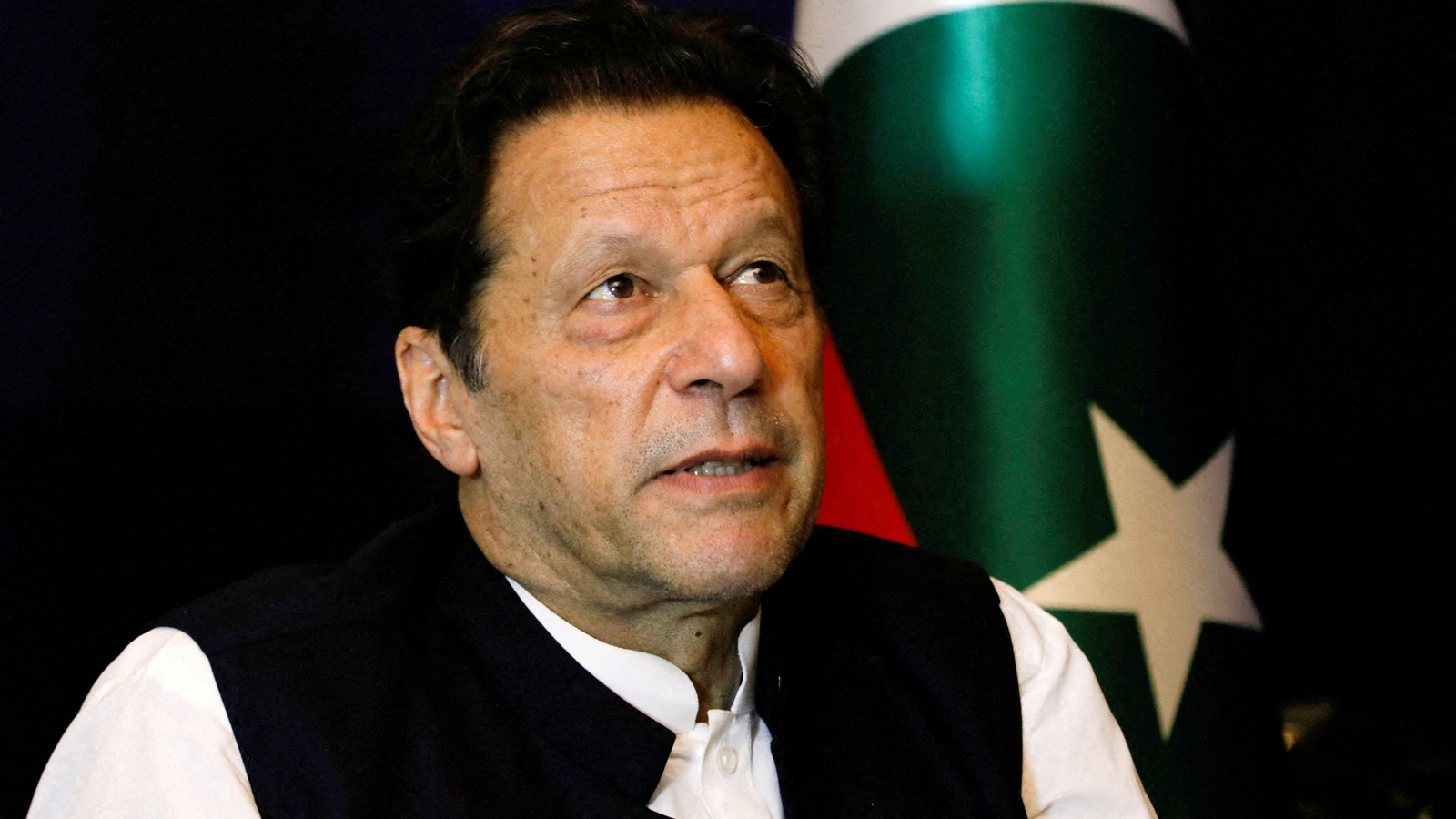Days after the Supreme Court legitimised the PTI’s claim in the National Assembly, the ruling PML-N government announced that it has decided to ban the PTI and seek Article 6 proceedings against its founder Imran Khan. This move has been condemned by the media, across the country.
The Nation (July 17) says, “The Election Commission’s pre-election decisions and the judiciary’s post-election rulings regarding PTI were driven by the constitutional powers of these institutions. In contrast, a ruling party derives its power from a popular mandate, a parliamentary majority, or a coalition. The PML-N has neither of these, making the assertion to ban PTI a poorly thought-out, revenge-oriented political move.”
Dawn (July 16) believes that with this announcement, the PML-N only “managed to appear desperate and intimidated.” Warning of a complete breakdown, it says, “If the idea is to precipitate a collapse of the democratic political order, then, by all means, the authorities should proceed. However, if social and economic stability is what is sought, they would be well-advised to undertake a hard course correction.”
Terrorist attack in Bannu
On the night of July 15, an attempt by terrorists to gain access to the Bannu cantonment was foiled, as soldiers intercepted them, which led to the terrorists’ explosive-laden vehicle being pushed into the perimeter wall of the cantonment. The blast from the impact killed all 10 attackers from the Afghanistan-based Hafiz Gul Bahadur (TTP) group. Hours later, there was news of another terrorist attack, this time at a rural health centre which resulted in the death of five civilians. The fact that these attacks come less than a week after the UN report claiming that the TTP is the largest operational terrorist group based in Afghanistan receiving support from the Afghan Taliban is concerning.
News International (July 19) write about the root cause of terror persisting in certain areas because “it is not a coincidence that these tend to be the most deprived, underserved and neglected areas of the country and changing this dynamic will be crucial to defeating terror.”
Discussing Afghanistan’s role in mitigating terrorist activities, Express Tribune (July 17) says, “Islamabad had been trying to address the fissures on the strategic front… But it seems either realpolitick is at work or the paranoid mindset of authorities in Afghanistan, who do want to see stability in Pakistan and the region at large. This calls for international introspection, and Pakistan’s efforts to exterminate non-state actors must find broader support in the form of regional counter-terrorism cooperation.”
Anti-government protests in Bangladesh
Bangladesh has been witnessing anti-government sentiment for weeks now. However, the High Court ruling on June 5 that restored a 30 per cent quota in public service jobs for “children of nationally recognised freedom fighters” was the trigger for the massive nation-wide protests. A majority of protestors are students as government jobs remain a popular choice among the youth for employment, but with the various quotas now reducing chances, there is rising unemployment. So far, over a 100 people have been killed in these demonstrations. There is an internet blackout with educational institutions having been shut down and the media unable to operate.
With the unceasing protests, Daily Times (July 20) believes that PM Sheikh Hasina is “walking on thin ice”. Moreover, “considering how she still needs to deliver her potential after an election for the fourth consecutive term was boycotted by the entire country’s opposition, implying offensive comparisons does not make for a reasonable strategy.”
Dawn (July 20) says that “the unfortunate events playing out in Bangladesh should serve as a warning sign for other South Asian states. Political victimisation coupled with economic stagnation and heavy-handed state reaction is a recipe for disaster.”
Gaza massacre
Nine months since the Gaza genocide began, not much has changed. Earlier this week, 49 Palestinians were killed in a bombing by Israel and according to Al Jazeera, so far, 70 per cent of UNRWA schools in Gaza have been bombed. The casualties are mounting and there seems to be a lack of a concerted effort from the world to do anything about it. The media in Pakistan urges the international community to take action and continue to discuss the issue.
Daily Times (July 19) claims that “not much can be seen by the international community, which scrambles to broker a ceasefire as the people of Gaza continue to endure unimaginable suffering.” Slamming the inaction of global powers, it says, “It is incredibly easy to shed a tear or two from the comfort of our homes… but to stand in unison condemning the Israeli regime’s brutal offensive, demand an immediate end to the violence and fighting for accountability for the genocide requires unparalleled courage, whose stock, unfortunately, runs low in today’s profit-driven world.”
The Nation (July 17) laments, “As bombs continue to drop, the outrage seems to wane, and so do governments’ responses to Israel’s oppression. The worst that can happen to the Muslims of Palestine is that their cause is forgotten, for they are the people who livestreamed Israel’s genocide for the world to witness.”
adya.goyal@expressindia.com



